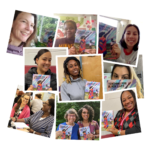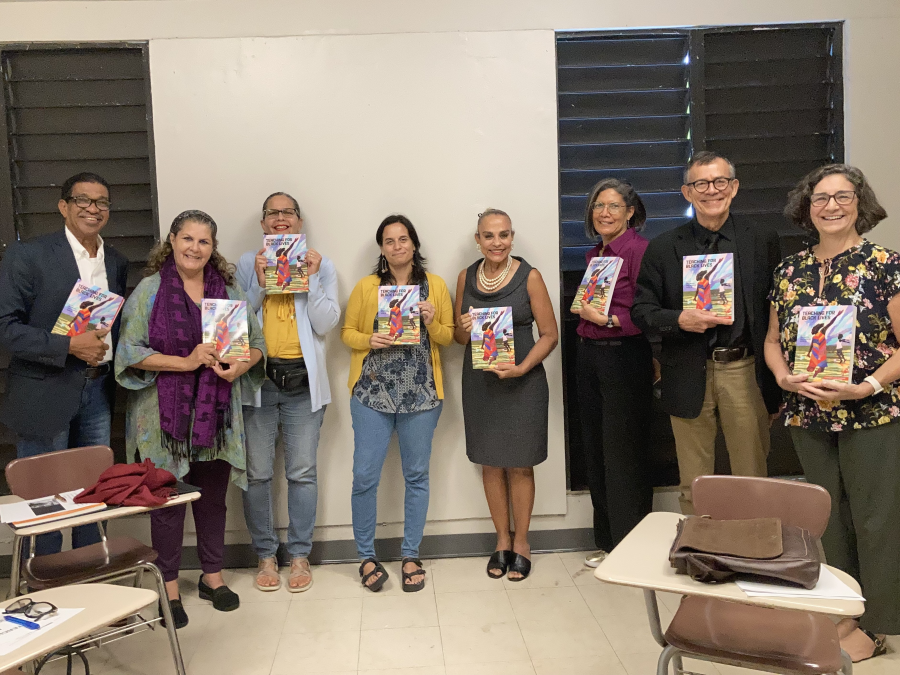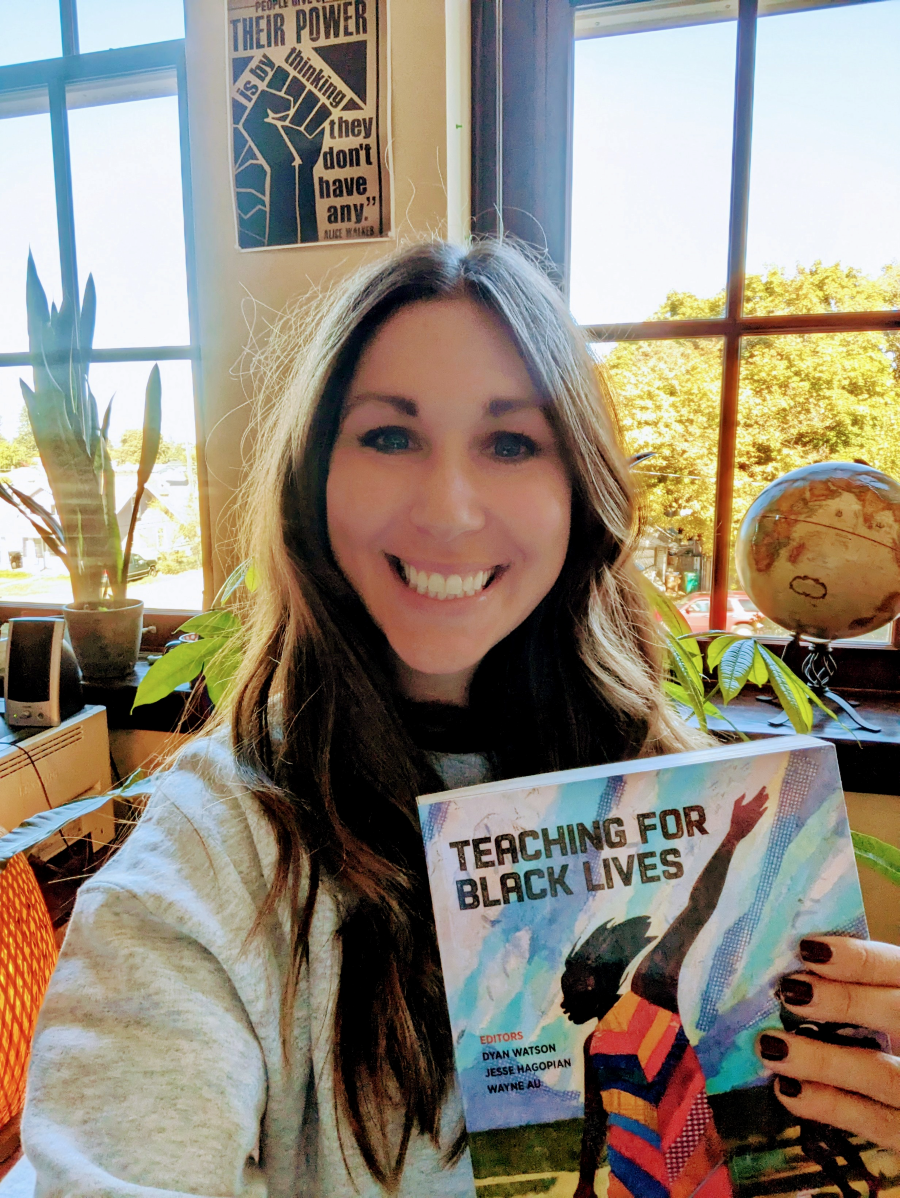The Zinn Education Project is in it’s fourth year of nurturing communities of anti-racist educators by sponsoring 100+ Teaching for Black Lives study groups across the United States.
Across the country, right-wing legislatures have passed laws outlawing honest teaching about race and inequality. Books have been banned. Teachers fired. But despite this repression, educators everywhere continue to find ways to help their students think critically about the history of this country — and how they can play a role in making the world more just.
The Zinn Education Project (ZEP) is committed to help nurture this work. Since 2020, ZEP has hosted hundreds of Teaching for Black Lives study groups. Study groups receive a copy of Teaching for Black Lives and a Rethinking Schools magazine subscription for each participant, a year-long menu of workshops and seminars to choose from, and access to a network of social justice teachers across the United States.
This year’s study groups represent 35 states, including Arkansas, Nebraska, and Oklahoma. We also have a study group in Puerto Rico for the first time. Additionally, more than 50 alumni members continue to participate in a study group, building on work from past years. A majority of participants are teachers. Several groups include administrators, librarians, counselors, and support staff.



